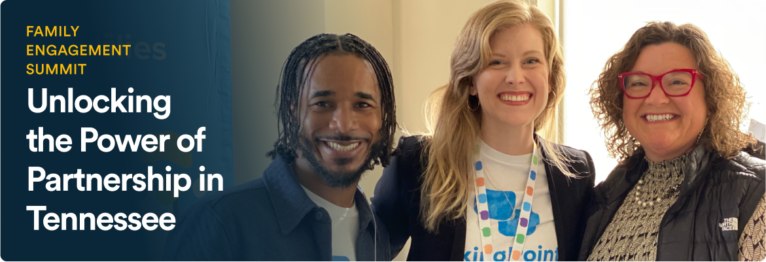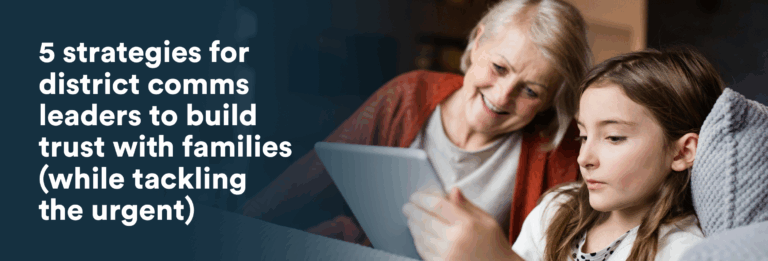Unlocking the power of partnership in Tennessee
Written by Paige DeLozier
TalkingPoints, the Tennessee Education Association (TEA), and the National Network of State Teachers of the Year (NNSTOY) hosted a family engagement summit on February 24, 2024, at the TEA headquarters in Nashville.
The summit was held in conjunction with the Tennessee Urban Education Association Council (TUEAC) meeting, which brings urban education association members and leaders to discuss issues specific to their districts. NNSTOY was represented by Melissa Miller, a Franklin Elementary School teacher and 2019 Tennessee Teacher of the Year.
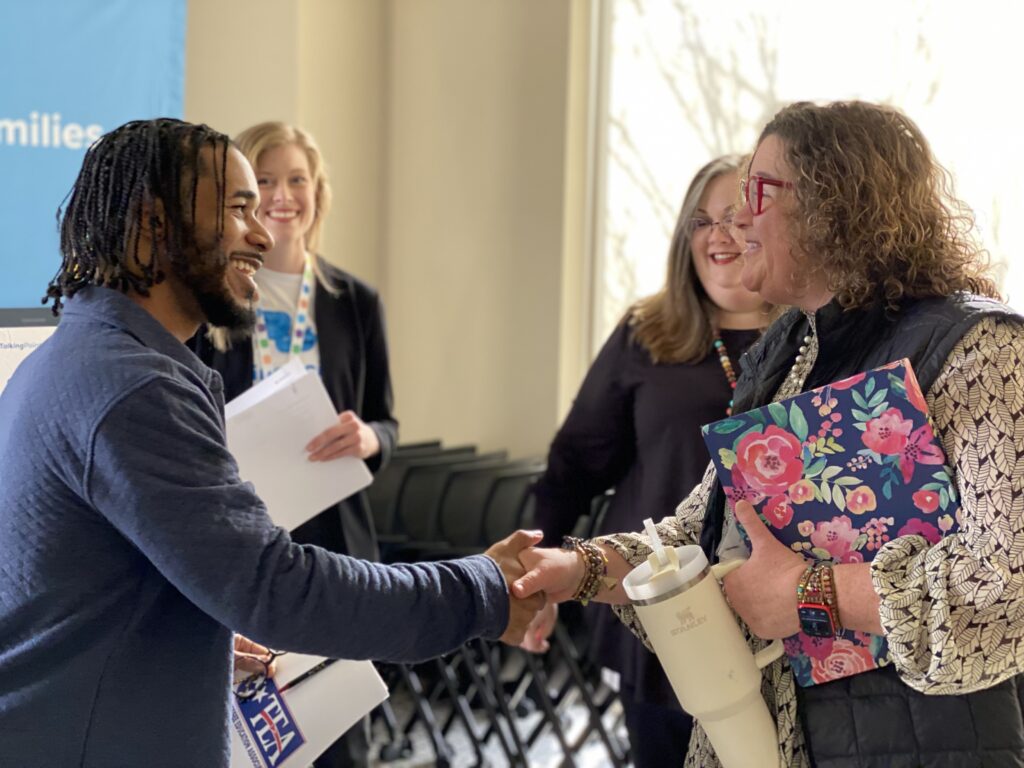
Universal Family Engagement
Universal Family Engagement (UFE) is the practice of improving outcomes for all students by fostering effective partnerships with families, regardless of barriers or circumstances.
Until now, schools and districts have maintained a focus on direct-to-home communications. Although it does an important job of informing families, it often needs to catch up in deeper areas of actual partnership, moving away from outdated, unscalable solutions.
TalkingPoints is pioneering a framework for Universal Family Engagement, which, when practiced in its most effective form, includes four pillars: purpose, inclusivity, responsiveness, and endurance. UFE necessitates a solution that encompasses all of these components.
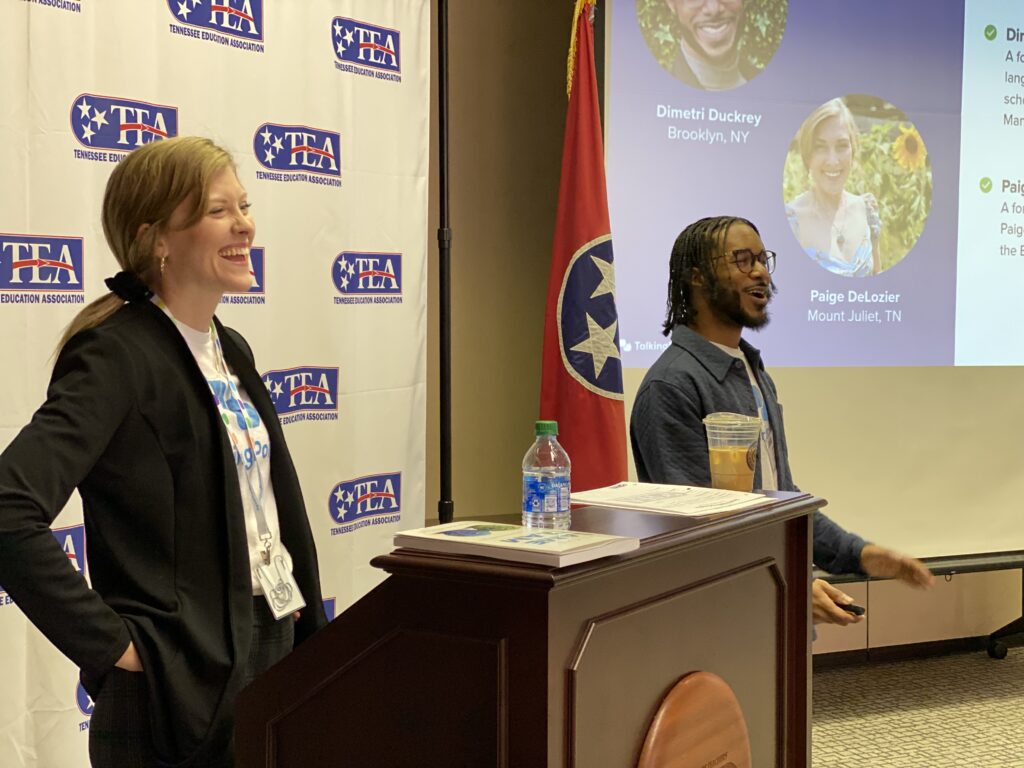
Tennessee educators respond to the event



The Parent Panel
For many attendees, the parent panel discussion was the highlight of the event. Parents shared their experiences in Tennessee public schools. Their personal stories resonated with and, at times, shocked attendees.
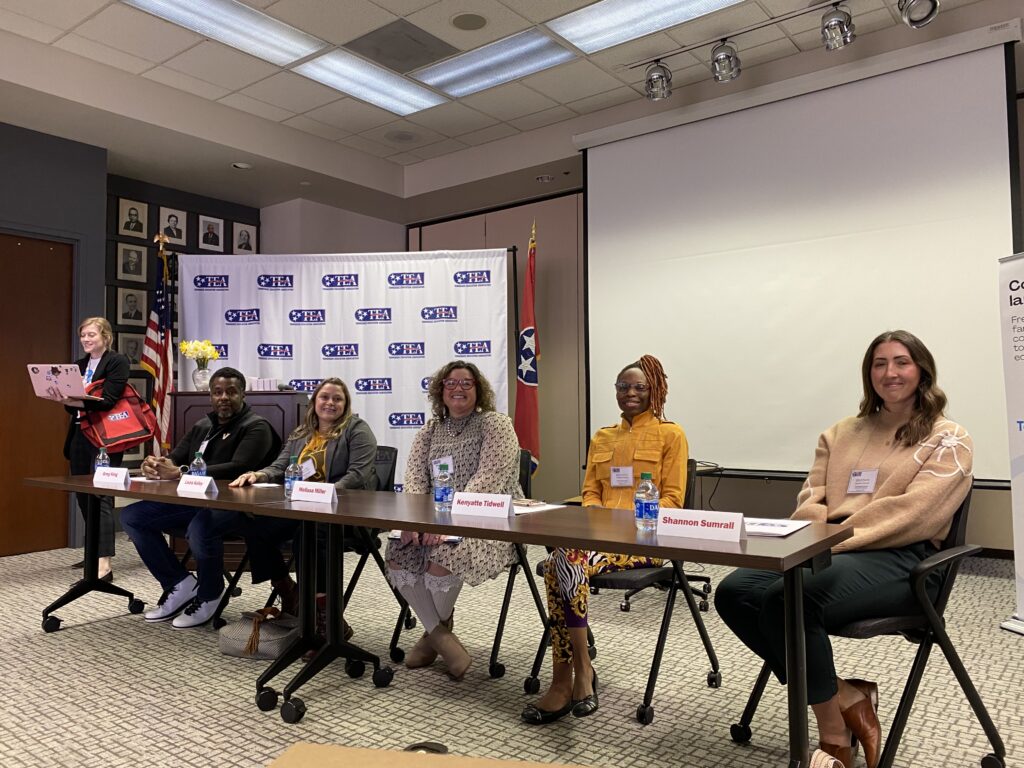
Purpose-driven family engagement involves improving student outcomes through deliberate and tailored efforts that foster collaboration between schools and families to meet student needs. Shannon Sumrall praised proactive communication from her son’s school, crediting it for his literacy progress. Conversely, Kenyatte Tidwell emphasized the need for open dialogue, especially regarding issues like discrimination, advocating for inclusive engagement that involves all stakeholders.

Inclusive family engagement ensures equitable access for all families. Sumrall appreciated inclusive practices such as food and resource bag handouts at her children’s school, where no one is singled out. Laura Kelley shared experiences ranging from positive engagements to struggles with communication, underscoring the importance of inclusivity.
Enduring family engagement builds trust and community relationships over time, and provides a consistent experience and continuity of support for families and students. Tidwell suggested parent centers and partnerships with local businesses to foster enduring engagement, acknowledging challenges like staffing and consistency.
Responsive family engagement adapts to evolving needs and situations. Greg King highlighted the importance of timely communication, recounting an incident of delayed notification about a potential bullying incident. Through proactive communication, the Kings rebuilt trust with the school, leading to a more responsive engagement that meets their expectations.
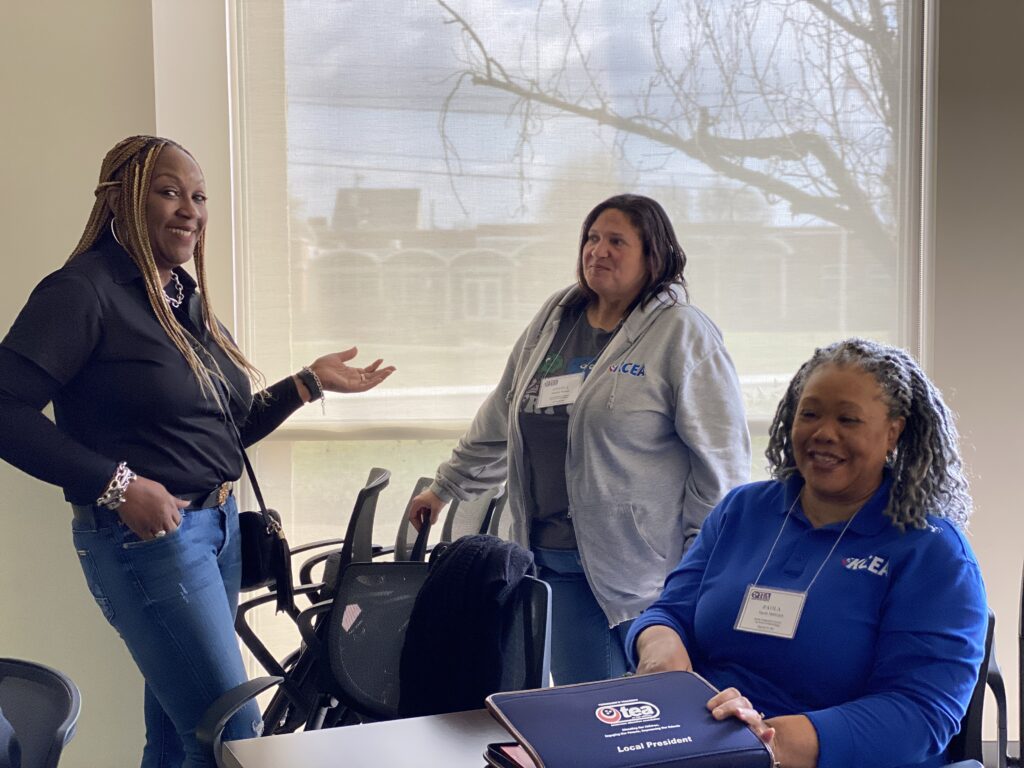
Recommitted to partnership
Attendees left the event with a renewed commitment to effective family engagement practices and a deeper understanding of the importance of—and resources to build—strong partnerships with families. Now is a great time to learn more about TalkingPoints and how we can elevate family engagement in your school or district. Teachers can sign up today for free and administrators can request a quote here.
TalkingPoints is an award-winning education technology nonprofit that drives student success by unlocking the potential to fuel their children’s learning, especially in under-resourced communities. Our PK-12 universal family engagement technology impacts millions of students each year in tens of thousands of schools and districts across all 50 states. Through the power of AI, we coach and guide teachers and families to build strong partnerships in 150+ languages. Data-driven and grounded in research-based best practices, we are building school districts’ capacity to support students in a scalable, equitable, and low-cost way.
